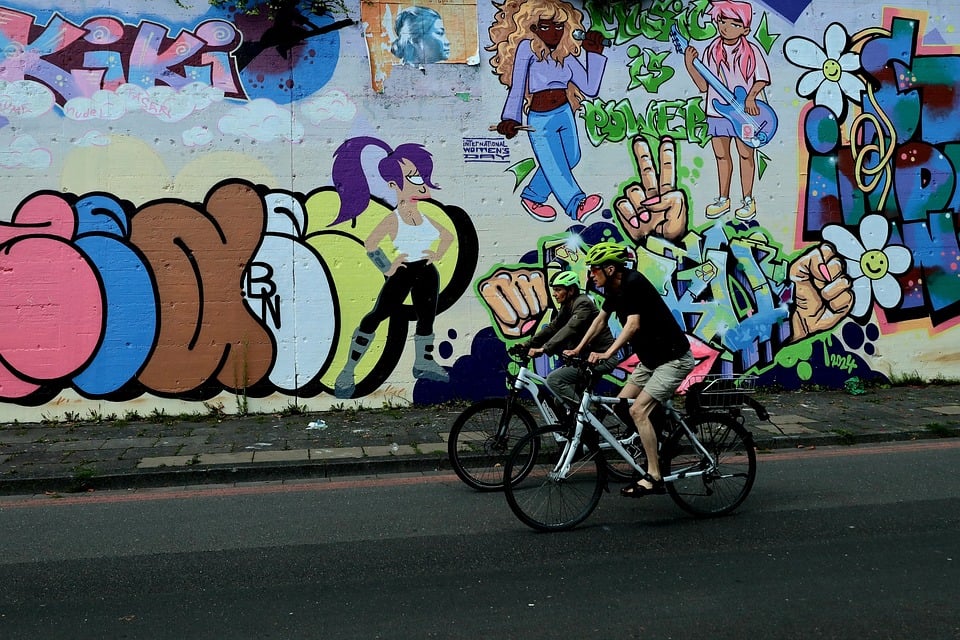[ad_1]
In today’s interconnected world, cultural stereotypes are pervasive and often shape our perceptions and interactions with people from different backgrounds. These stereotypes can be harmful, perpetuating biases and discrimination that hinder genuine understanding and respect between individuals. In this article, we will delve into the complex phenomenon of cultural stereotypes, exploring their historical roots, current manifestations, and potential future implications.
The Historical Context of Cultural Stereotypes
Cultural stereotypes have a long history, rooted in the human tendency to categorize and make sense of the world around us. From ancient civilizations to modern societies, people have relied on stereotypes as a way to simplify complex social dynamics and navigate diverse cultural landscapes. However, these oversimplified generalizations can lead to prejudice, discrimination, and misunderstandings between different groups.
Some key historical points to consider include:
– The role of colonization and imperialism in shaping stereotypes about different cultures
– The impact of media and popular culture in perpetuating stereotypes
– The influence of dominant cultural narratives in shaping perceptions of marginalized groups
– The ongoing legacy of historical events and power dynamics in driving stereotypes
The Current State of Cultural Stereotypes
Despite increasing awareness of the harmful effects of cultural stereotypes, they continue to persist in various forms in our society. Whether in the media, education, workplace, or everyday interactions, stereotypes can influence how we perceive and treat others based on their cultural background. Some common stereotypes include assumptions about intelligence, work ethic, family values, and social behavior.
Key aspects of the current state of cultural stereotypes include:
– The impact of globalization on the spread of stereotypes across borders
– The intersectionality of stereotypes based on race, ethnicity, gender, and other identity factors
– The rise of social media and digital platforms as new channels for perpetuating stereotypes
– The growing movement towards cultural sensitivity and inclusion in education and workplace settings
Future Predictions and Implications
Looking ahead, it is essential to consider the future implications of cultural stereotypes and the actions needed to address and dismantle them. As our world becomes increasingly diverse and interconnected, the need for cultural literacy and empathy is more crucial than ever. By challenging stereotypes and promoting genuine dialogue and understanding, we can build a more inclusive and equitable society for all.
Some future predictions and implications to consider include:
– The importance of cultural competence and intercultural communication skills in an increasingly globalized world
– The potential for technological advancements to bridge cultural divides and challenge stereotypes
– The role of education and media in shaping positive representations of diverse cultures
– The impact of advocacy and activism in challenging systemic inequalities and stereotypes
In conclusion, cultural stereotypes have deep roots in our history and continue to influence our perceptions and interactions with others. By understanding the historical context, current state, and future implications of stereotypes, we can work towards a more inclusive and equitable society for all. It is crucial to challenge stereotypes, promote cultural understanding, and advocate for social justice to create a more harmonious world for future generations.
Thank you for engaging with this in-depth exploration of cultural stereotypes. For further reading and resources on this topic, we recommend checking out academic journals, cultural studies textbooks, and online platforms for diverse perspectives and insights. Let’s continue to uncover the truth behind cultural stereotypes and strive for a more inclusive and empathetic world.
[ad_2]
